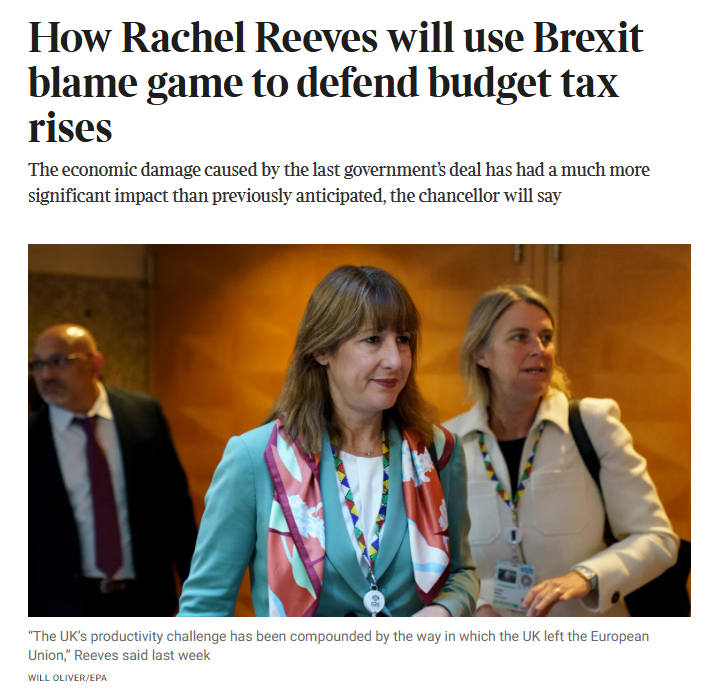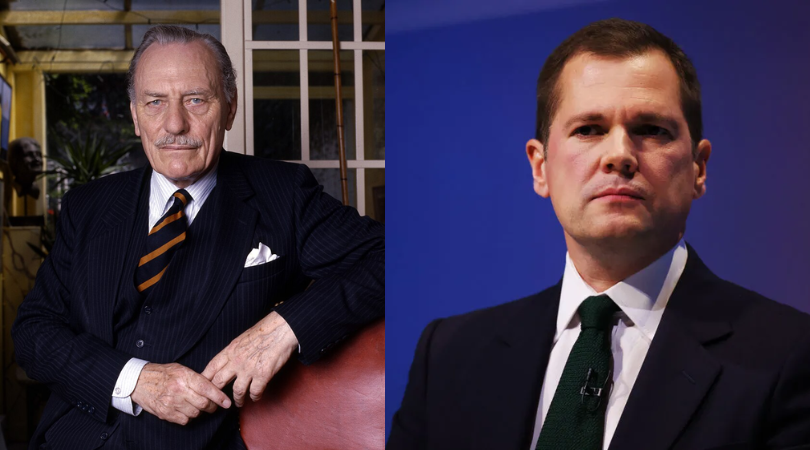There are numerous definitions and debates about whether populism is an ideology or a discourse, a form of rhetoric or tool that is used to present a set of ideas. In all of that debate, however, there is one constant, populism is "a way of perceiving the political world that sets a morally pure and fully unified - but... ultimately fictional - people against elites who are deemed corrupt or in some other way morally inferior" (Muller 2016)
Populists and populism always seeks to set 'the people' against 'the elite'.
If you want to see a clear example of populism in action then there is no need to look no further than Nigel Farage's performative act yesterday (and subsequent posting on X) of watching Prime Minister's Questions from the public gallery instead in the chamber of the House of Commons.

Mr Farage seeks to set himself as being attacked, week in, week out, from the despatch box with no right of reply, something that is undoubtedly procedurally true.
The Labour government now class Reform UK as their main political threat and are choosing to attack Mr Farage and his party almost constantly from the front bench, and it is true within the chamber there is no way for Reform's MP to rebut the constant barrage.
So, Mr Farage has decided to take the populist route of saying that he is part of the people who also do not have a voice. In doing so his actions seek to set him against the elite establishment.
It may be a protest that is somewhat peurile, the rules of parliament have been developed over centuries and shouldn't be changed for one MP (especially one who believes that parliament should be sovereign - a constant argument of the Leave campaign), but the actions of Government highlight the point of populists everywhere.
When even a prominent voice of the people can be attacked continually by an elite and not given the right to respond, Mr Farage will argue there is something fundamentally wrong with our system.
Even if the establishment aren't prepared to listen to his argument the people will.
The Government are clearly being played by Mr Farage proving the point that he continues to make. He is both a populist and a very smart political operator.

